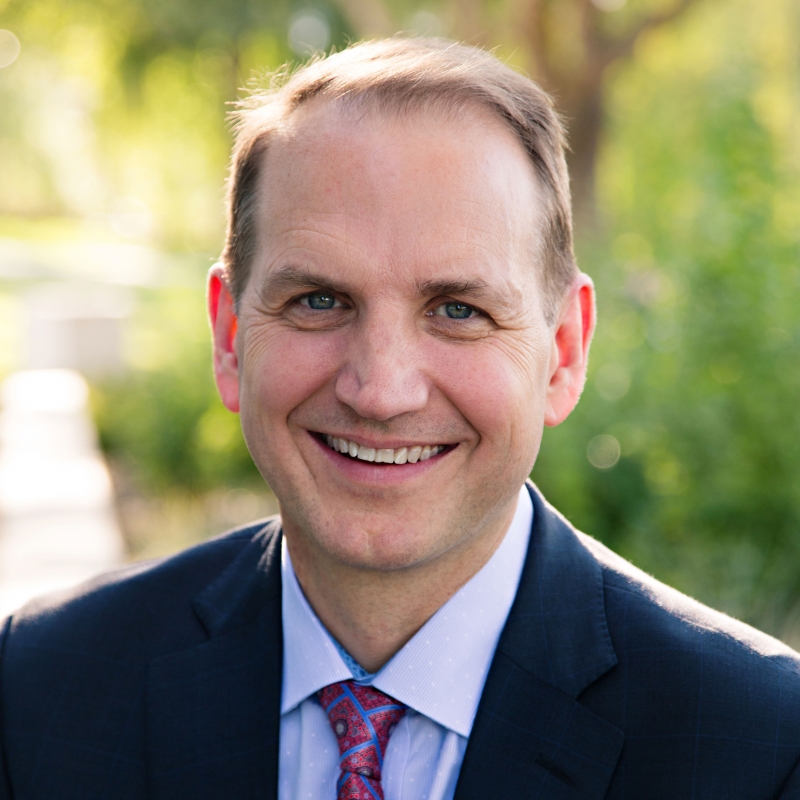
Brian Schwartz, MD
Sabbath Ministry Part 2
In Jesus’ day the physical need and suffering was overwhelming and compelling. With no good health care, the physical needs were great. Implied by the religious establishment of the day, was the sense that illness was the result of sin and that it brought with it the curse of God. Afflicted people were often outcasts. In Ancient Israel the priests served as healer, a responsibility they had little interest in. Hence Jesus was compelled to meet the need. Not just to relieve suffering, but to show that the whole premise that God rejected the outcast or infirmed was wrong. To do so on Sabbath especially made the case that God is not far off from the sinner. This presented an incredibly strong picture of what God was like for all who saw the healing. The Sabbath healings performed by Jesus, were not missed by the religious leaders who saw it as a direct attack on their whole paradigm – that they were righteous and therefore blessed. (See DA 287)
Jesus is our example, however we must keep a few things in mind as we study His ministry.
- He prepared for his 3 year ministry his whole young adulthood.
- He was totally dependent on God and totally connected.
- He was not encumbered by distractions. No kids, no wife. This allowed Him to focus totally on His mission to humanity.
- By the end of His ministry, He was drained, nearly spent and tested severely.
We, on other hand, are frail, not as well connected, and not as well prepared; easily exhausted from ministry and easily discouraged. Sabbath is our safeguard to draw near to God. It provides a time to be refreshed and sanctified and to be prepared for service just before and during the final crisis. Therefore, especially in these last days, we need Sabbath, and sometimes even longer periods, to ‘come away and rest awhile’ (Mark 6:31) even though the need in the world is so great. Illness today is not perceived the same way and so the compelling reasons of Jesus’ day do not apply the same way today. Although the need is just as great, it is not balanced for us to work every day and then on Sabbath to meet the need. We would burn out.
My Grandfather, whom I greatly admired, was a GP who, for 55 years as an SDA physician in practice, never once went to church because he rounded at the hospital every morning with no call coverage. He was disciplined and faithful to what he knew and even had a patient or two and his nurse become Seventh-day Adventist because of his witness. But the reality is that by the time he retired he was a spiritual dwarf. He had not grown in his understanding of scripture and had only a rudimentary understanding. He had a totally misguided prophetic view. He was tired all the time and easily irritable with his family. If there had been a revival in his day he would have missed it. While his personal sacrifice seems admirable on the surface I believe he lacked balance and his ministry suffered as a result. Certainly his family suffered, and bear the scars to this day.
“Those who, from whatever cause, are obliged to work on the Sabbath, are always in peril; they feel the loss, and from doing works of necessity they fall into the habit of doing things on the Sabbath that are not necessary. The sense of its sacredness is lost, and the holy commandment is of no effect. A special effort should be made to bring about a reform in regard to Sabbath observance.” CH 422
‘So’, you ask, ‘what’s your point?’ It is this…
We, as physicians and dentists who work hard all week in ministry, especially need to protect the Sabbath. AMEN serves to protect and nurture our members spiritually so that we can transform our practices into ministry through the week, and if need be, on Sabbath. I do believe we grow by service and we have neglected the poor and needy far too long but our service need not be on Sabbath. Ellen White’s council makes it clear that in our day we should avoid unnecessary work or procedures on Sabbath. I think this is important council. By ceasing our labors on the Sabbath and heeding God’s instruction to ‘remember the Sabbath day to keep it holy’, our patients and community take notice and they begin to inquire as to why we do.
As the final conflict comes upon us we will be forced to become more and more dependent on God to sustain us. In the world around us security and health systems will be failing and at that point we may be much more compelled and prepared to work even on Sabbath.
So it’s not an easy, black and white issue. There is room for personal conviction. Despite the need all around Him, Jesus didn’t heal anyone until He formally started His ministry.
As far as possible in doing Sabbath work we should strive to maintain an atmosphere of worship and rest. The message should not be that we should all be out doing good deeds of health on Sabbath to be like Jesus. We should be ministering all week and coming apart like His disciples to worship, restore, and recharge; recognizing that sometimes there may be a compelling reason to give up personal rest on Sabbath but if done too often it comes at a price.
